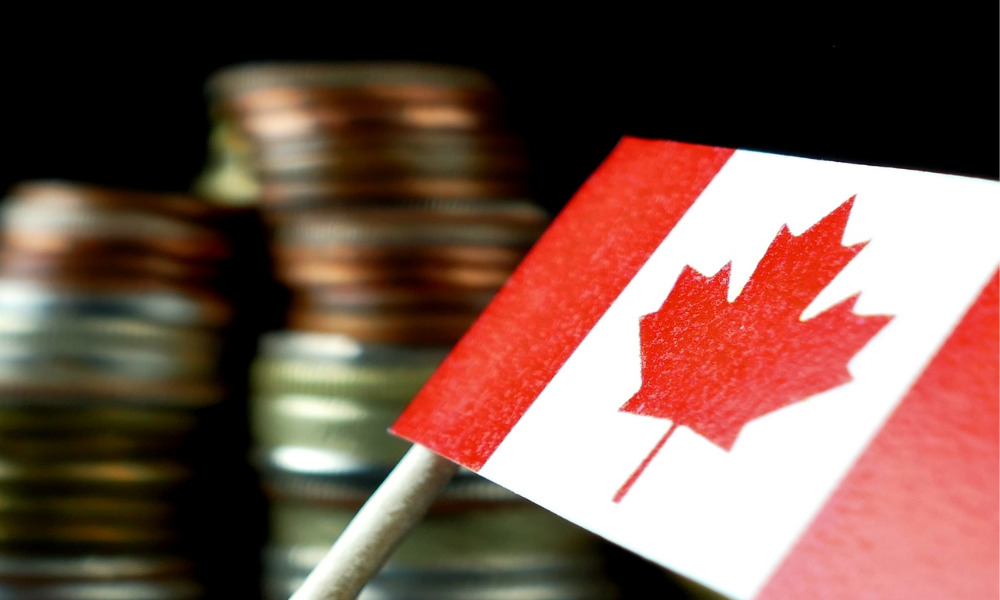Expert states Canadians have grown financially complacent amid COVID subsidy programs

Over half of Canadians are feeling the effects of supersized hikes, according to an Ipsos survey conducted the week after the Bank of Canada (BoC) raised its interest rates by 0.5% last March.
Even more alarming is the 31% of respondents who lack the income to cover basic monthly expenses, while 50% are within $200 of insolvency. However, it should be noted that the Ipsos survey is based on pure sentiment and not on actual financial accounts.
Read next: Analyst: BoC rate hike to push stress test threshold upward
Regardless of its accuracy, Grant Bazian, president of MNP, said the survey revealed Canadians are “more concerned now than ever.” The survey index has slipped to its lowest level since it was introduced in 2017 – and it is not yet reflective of BoC’s latest hike in April.
“It almost seems unrealistic…but this is what the survey continues to tell us,” Bazian told Bloomberg. “I would imagine now that with the extra [rate] increase that’s already happened, that angst and nervousness has probably picked up even more.”
According to the Office of the Superintendent of Bankruptcy, the number of Canadians who either filed for bankruptcy or a proposal to settle debts under alternate terms jumped 12.6% to 7,392 from January to February.
Prior to March’s increase, the BoC had not raised its policy rate since 2018 and stayed the course on a rock-bottom 0.25% benchmark throughout the first two years of the COVID-19 pandemic.
Read more: Angus Reid: Many Canadians’ budgets already impaired
Beyond the hikes, Baizan said there was also a sense of financial complacency among Canadians against a backdrop of numerous COVID-19 relief programs and low interest rates from banks.
“I like to say the glue that holds all this together was low interest rates. It’s been so low for so long a period that people are structuring their finances around those low interest rates,” Bazian told Bloomberg. “So when the subsidies and the relief is coming to an end, and the grace periods by some of the lending institutions may be coming to an end, coupled with rising interest rates – I think that’s where you’re getting the nervous tendencies.”



